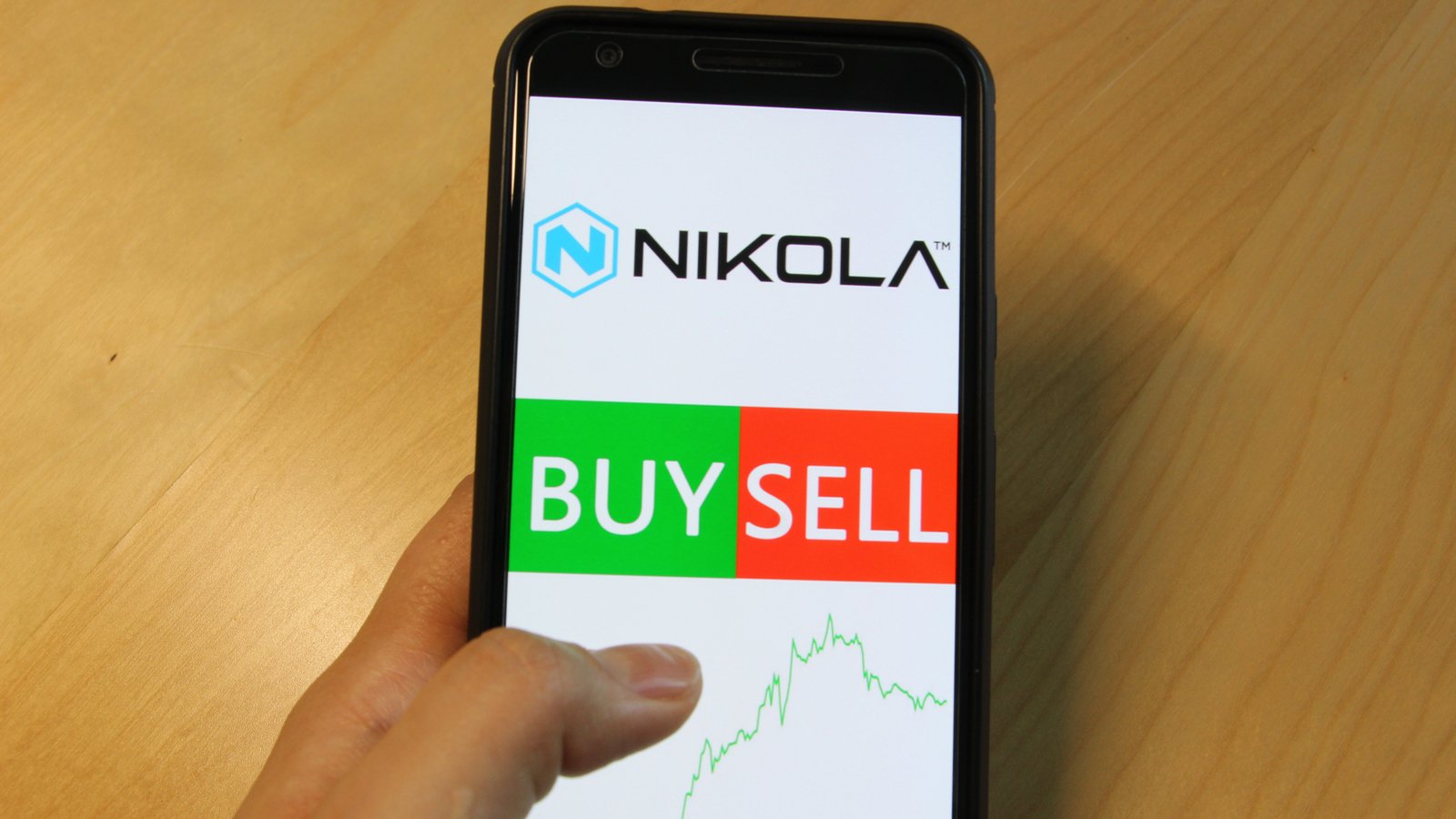Shares of hybrid truck design and manufacturing company Nikola (NASDAQ:NKLA) have settled somewhat after going on a massive bull run fueled by short-term speculation after a reverse merger with VectoIQ. Nikola stock shot up 86% to reach a record high of $93.99 per share, but shares have cratered since then. Although it’s down by a fair margin in comparison to its record highs, I still believe shares are a purely speculative play at this point.

Unlike its peers, Nikola does not have a product line that will ensure consistent sales at the moment. The company expects to sell its first battery-electric vehicle, or BEV, by 2021, and lease its fuel cell electric vehicles by 2023.
Since the company will not see any revenues until 2021 at the latest, it will have to take out loans or dilute its ownership to make sure it can finance its capital and operating expenses.
Cash Burn and Nikola Stock
As per its latest report, cash and cash equivalents for the company stand at $75.5 million, hardly an enviable position considering its nascent state and ambitions for the future.
The company will incur three significant costs in the foreseeable future that will involve a substantial amount of capital — commercialization of its Nikola Tre BEV truck, construction on its pilot commercial hydrogen station, and work on its greenfield manufacturing facility.
Although the company raised an additional $500 million before going public, I believe it will have to tap the debt and equity markets again because it will need more funds. Depending on how that goes, that could lead to severe dilution of existing shareholders.
Infrastructure Issues and
Nikola says the company has $14 billion in pre-order reservations for the Nikola Hydrogen Electric Truck. That is excellent news. However, the only catch is that the company can’t deliver on these numbers at the moment.
Production facilities are not in place, and neither are the hydrogen refueling stations to facilitate trucking operators. On top of that, the company has yet to pick a partner to build facilities and manufacture auto parts for the Badger electric pickup truck.
As NKLA stock surged, so did the short interest — shares borrowed and sold on the open market in the hopes of making a profit once the share price drops.
An increase in short interest is a sign that investors believe the stock is overvalued and will fall back to its fundamental value soon. And that sentiment is understandable because revenue streams are non-existent at this time.
Bearish Takes Are Intensifying
Over the past few months, comparisons have been made between Tesla (NASDAQ:TSLA) and Nikola, with many wondering if the latter will follow a similar path to the former.
However, several analysts have objected to these comparisons. Earlier in June, Andrew Left’s Citron Research predicted Nikola shares would fall to $40 a pop within a month. In a tweet, the activist short-seller said Nikola doesn’t have any intellectual property and that comparisons with Tesla are unwarranted.
Paul Coster, an analyst at JP Morgan (NYSE:JPM), joined the chorus, initiating coverage on Nikola stock with a neutral rating and a per-share target of $45. In a note, Coster said there is a lot of risk surrounding Nikola, especially with the company not generating revenues.
“The stock looks fully valued here, so we look for a pull-back or incremental positive development to get more constructive,” Coster said.
Where Do We Go From Here?
Nikola is an exciting play, but there are too many unknowns regarding its operations at this point. It will take time to develop the hydrogen infrastructure for fuel cell-power electric trucks and we’ll have to wait until 2021 for sales.
At this point, the company is a pure spec play that’s been pushed to unrealistic levels by overenthusiastic traders.
Last week, company insiders filed a notice with the SEC to sell more than 53.4 million shares. If you have NKLA stock, I suggest you do the same.
Faizan Farooque is a contributing author for InvestorPlace.com and numerous other financial sites. He has several years of experience in analyzing the stock market and was a former data journalist at S&P Global Market Intelligence. His passion is to help the average investor make more informed decisions regarding their portfolio. He does not directly own the securities mentioned above.
